Today, I ran across the word “stellenbosch” (ste-len-bosh). Of course, I’m a sucker for anything that sounds like Stella, my adorable 7-year-old grandgirl, so this word nearly jumped off the page at me:
“What happened?” Todd whispered to Ariel. “I thought Becca was going to lead the class.”
“I’m not sure,” Ariel said, “but I’m guessing that after she blew that lab last week, Muldrow stellenbosched her.”
Turns out, stellenbosch is a toponym, a word derived from the name of a place—think bohemian (after Bohemia), Chihuahua (after Chihuahua, Mexico), or ottoman (after the Ottoman Empire).
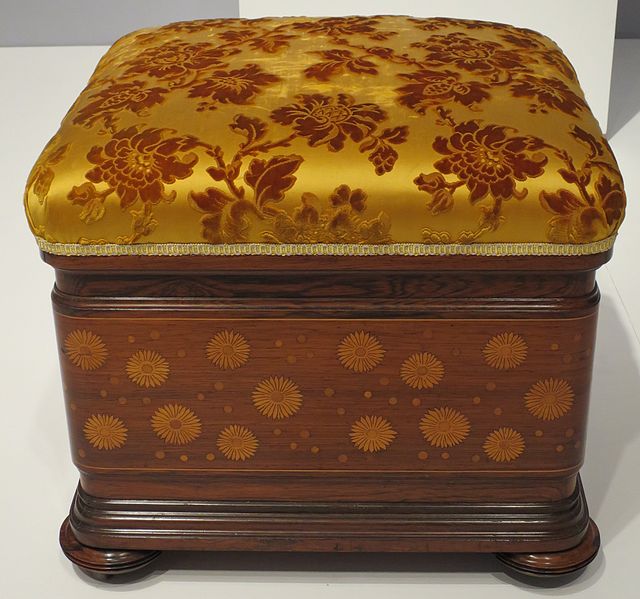
Herter Brothers Ottoman, High Museum of Art, by Wmpearl via Wikimedia Commons
At one time, a person’s surname was part of his identity … more than just a family name, it might tell where he lived, what he did for a livelihood, or even describe a physical or personality trait. Think Miss London or Mr. Fisherman or Miss Smiley.
Apparently, they didn’t know about toponyms in Scandinavia, where until fairly modern times (the late 1800s), surnames were almost always patronyms (your father’s first name plus a suffix meaning son or daughter) like Anderson (son of Anders) or Andersdotter (daughter of Anders). Papa Anders could have been an Anders Johnson or Anders Anderson, didn’t matter—the name that was passed on was always his first name. But the Scandinavians were more modern than you might think: When a woman married, she didn’t adopt her husband’s name, since she could never be called someone’s son. She instead kept her birth name.
But I digress. Back to our original toponym: stellenbosch. And what did it mean that Becca was stellenbosched?
Our word comes from Stellenbosch, South Africa, near Cape Town. During the Second Boer War of 1899-1902 (between the British Empire and the Dutch settlers of South Africa), Stellenbosch was a British military base.
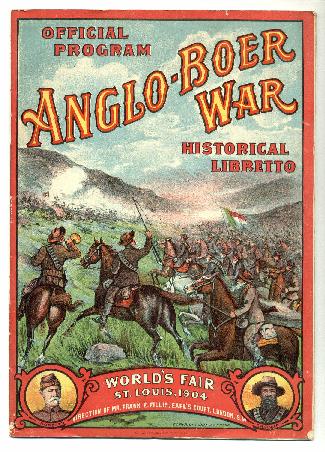
1904 World’s Fair Boer War Pprogram, Frank Mills via Wikimedia Commons
Officers who hadn’t done well on the battlefield were often sent to Stellenbosch to do menial tasks, like looking after the war horses stabled there. The officers usually kept their rank, but the reassignment to Stellenbosch was considered a demotion, and the term came to mean reassigning someone to a position of minimal responsibility where they would do no harm.
Hmmmm, think I’ll stellenbosch my farmhand, Johnny Johnson, who pulled out all the baby lettuces when weeding … to that nice big patch of thistles at the top of the garden.
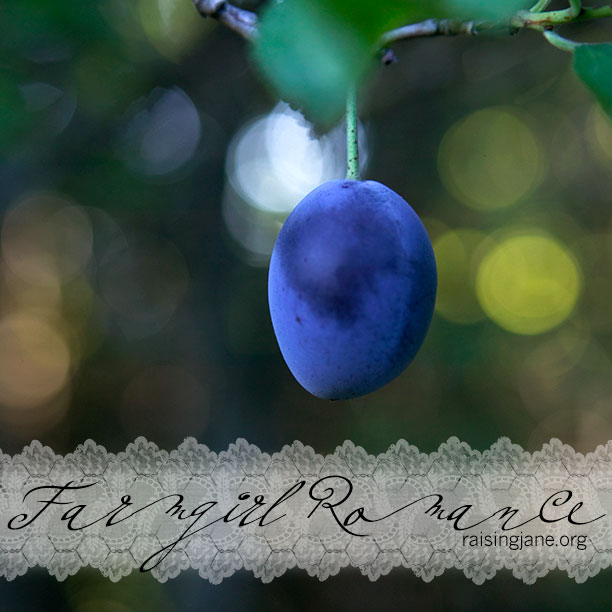















































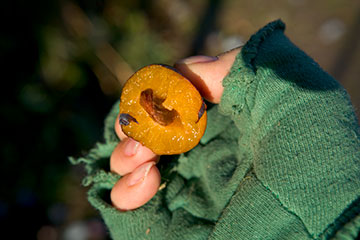
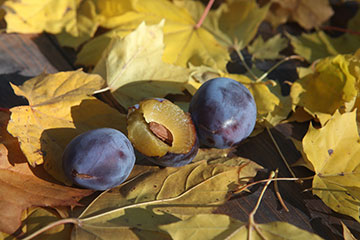
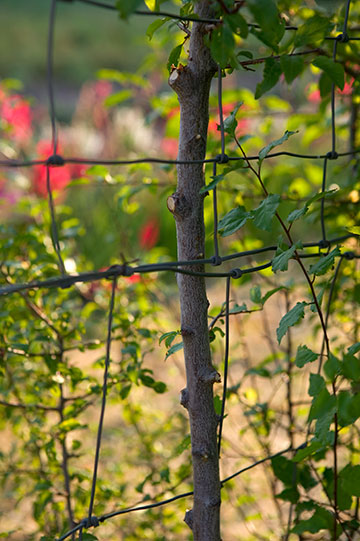
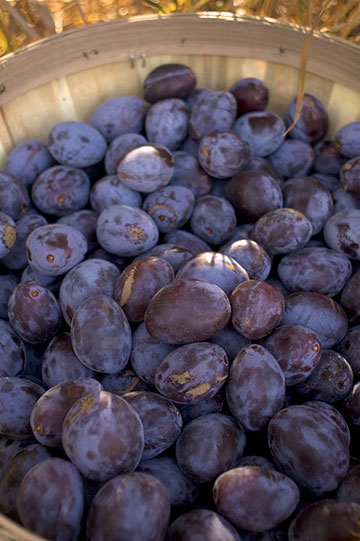


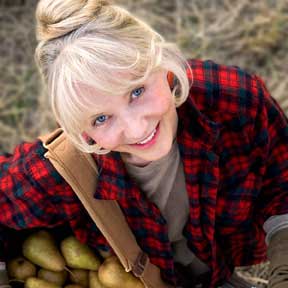


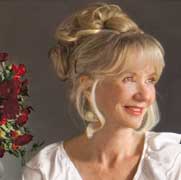

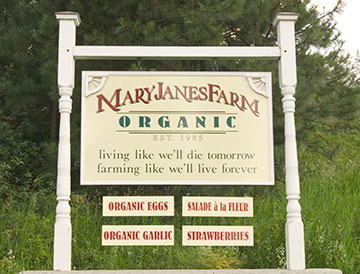
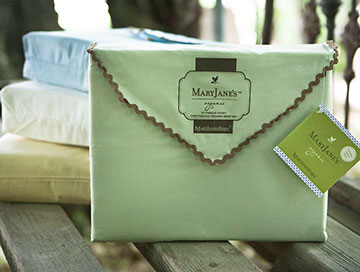
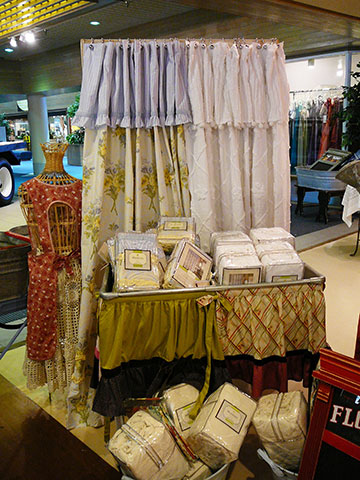
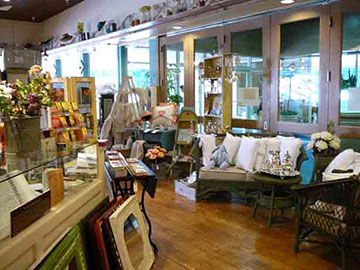








What a wonderful essay on your dear Damson plums MaryJane ! I ,unlike most Americans, love prunes,( now renamed ” dried plums” but the food industry). In Europe they are used for fillings in endless recipes, must be my Hungarian/Gypsy roots talking to me. I do have an ornamental flowering Plum at my farmette and it is truly a joy in spring when it blooms pink on burgundy foliage looking like the ancient Chinese scroll paintings of such shrubs. There is an antique Chinese ginger jar made into a lamp in my living room with such branches painted on it. But, alas, my little tree has no fruit.
So ,MJ, give us some more plum and prune recipes, please?
I have never seen these and sound so tasty. But I especially love that you can use it as a barrier while also producing fruit.